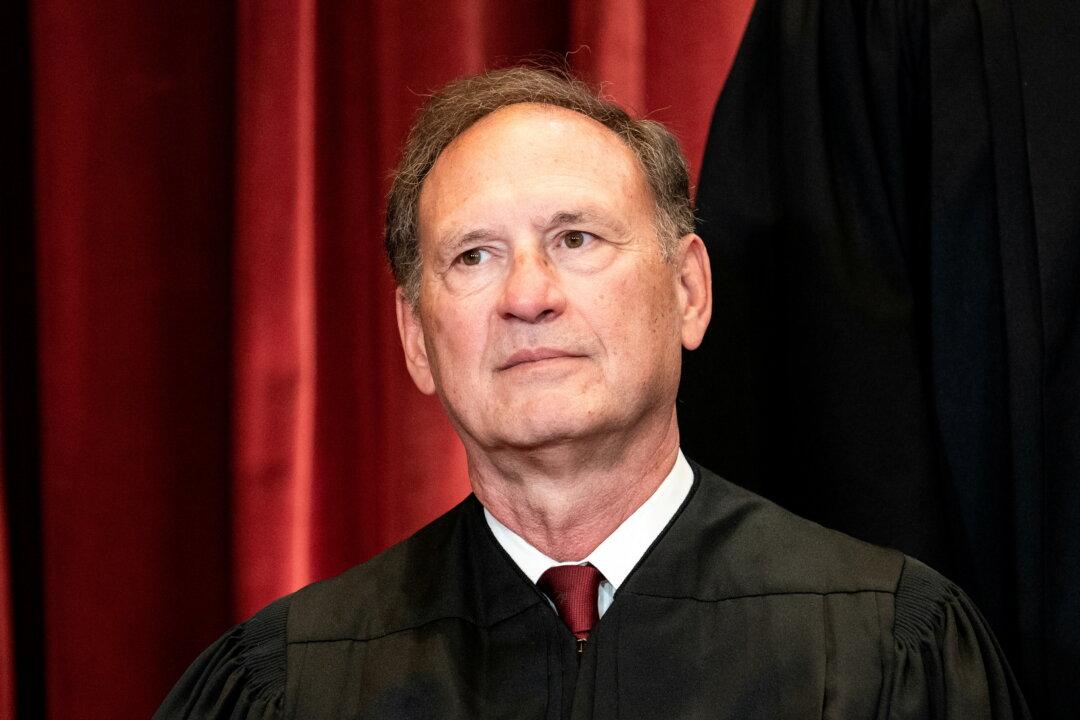The Supreme Court unanimously ruled on June 29 that a lower court applied the wrong standard in a case about whether the U.S. Postal Service violated the constitutional rights of an evangelical Christian mail carrier when the agency refused to accommodate his wish not to work on the Sunday Sabbath.
Supporters say the decision means more employers will be required by law to respect the religious beliefs of their employees by granting them workplace accommodations.





